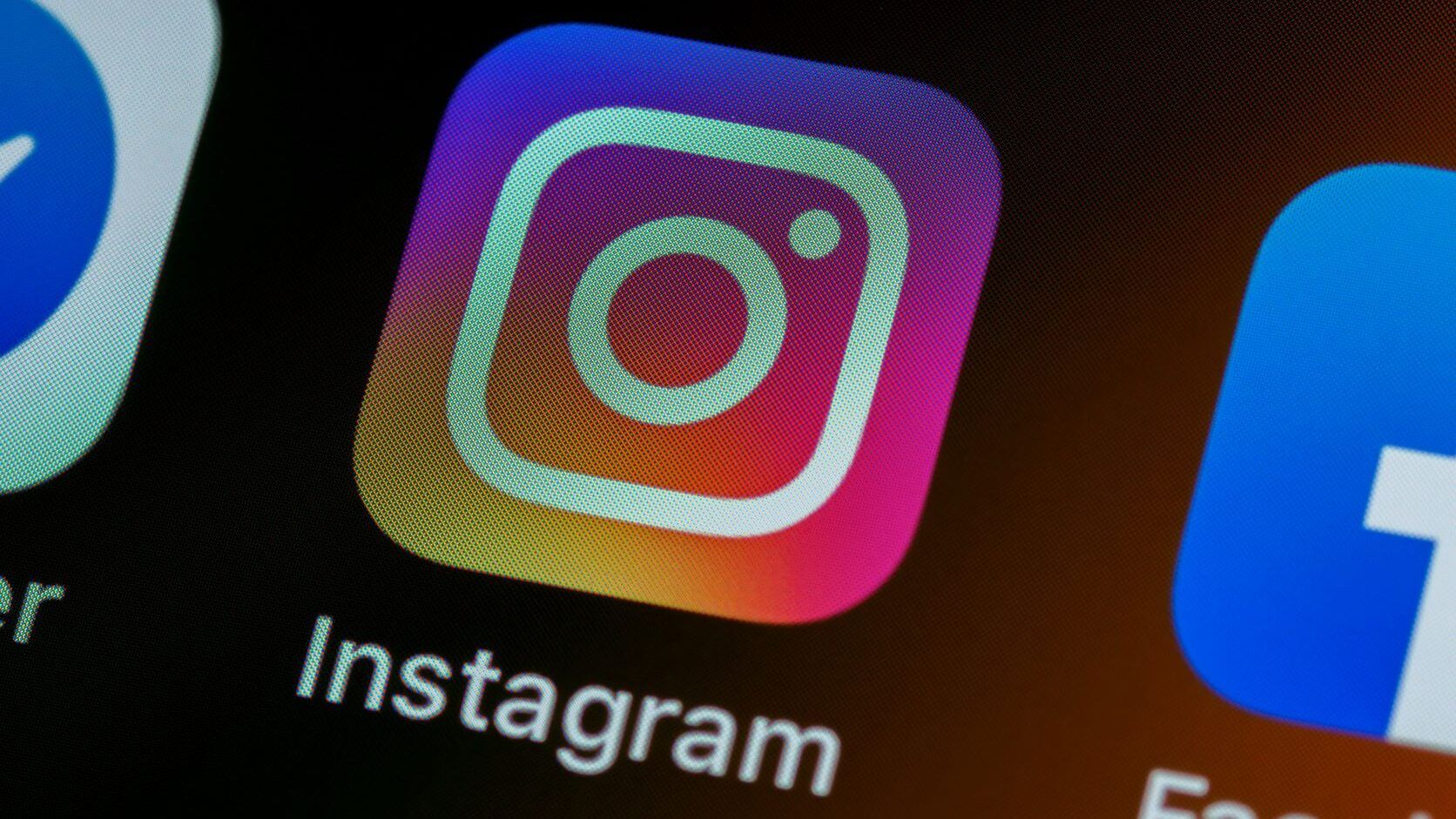
In December 2020, the Federal Trade Commission (FTC) and 46 states plus the District of Columbia brought a lawsuit against Facebook, alleging the company was illegally maintaining a social networking monopoly via anticompetitive behavior. The goal of the lawsuit was to force Facebook to divest WhatsApp and Instagram, while also requiring the company to seek approval for future M&A.
It Didn’t Work
In late June, Judge James Boasberg of the US District Court for the District of Columbia wrote that while “the Court does not agree with all of Facebook’s contentions here, it ultimately concurs that the agency’s Complaint is legally insufficient and must therefore be dismissed.”
Judge Boasberg faulted the FTC for not presenting enough facts to plausibly establish Section 2 antitrust claims, and it also did not help that the FTC had previously approved the acquisition of Instagram and WhatsApp. Judge Boasberg also threw out the states’ lawsuit in June, stating that the attorneys general waited too long to challenge Facebook’s Instagram and WhatsApp purchases, which took place in 2012 and 2014, respectively.
The ruling in this antitrust case followed a pattern that court that been taking in recent years, which has made government cases increasingly difficult to win. Absent significant legislative to antitrust laws that are shaped around modern day big tech business models—which does not seem likely in the near-term—the FTC seems unlikely to prevail in trying to sue Facebook again.
They’re filing an amended lawsuit anyway. The FTC voted 3-2 to move forward with new version of the lawsuit, which was filed on August 18. Facebook is very likely to file a motion to dismiss the lawsuit on grounds that nothing has changed since the previous ruling.
How is the FTC Shifting Their Legal Strategy?
The FTC is presenting a few new arguments, among which include “several statistical metrics, including daily and monthly user data, showing that Facebook held a monopoly in personal social-networking services.” Using Facebook’s enduring popularity as a means to argue the company is a monopoly seems like a stretch, however.
The FTC also argues that TikTok, Twitter, and Pinterest were not alternatives to Facebook since they offered different services, but that Snapchat is. Snapchat remains a fraction of Facebook’s size, and other would-be competitors like Google+ were forced to shut down because of Facebook’s anti-competitive behavior. This again, however, seems like a flawed argument given the rapidly shifting trends in social media behavior and the emerging popularity of TikTok.
Finally, the FTC plans to raise new regulatory concerns regarding other Facebook acquisitions outside the contentious Instagram and WhatsApp deals. A key example in the FTC’s case involves a company named EyeGroove, which was a platform designed to allow users to share music videos with augmented-reality effects, not unlike what TikTok offers. When Facebook discovered that Snapchat and other companies were considering acquisition of EyeGroove, the company quickly moved to buy the company and shut it down, according to the FTC. This episode and others demonstrably prove Facebook’s anticompetitive behavior, in the view of the FTC.
Where Does the Case Go from Here?
Facebook remains active in this case, as last month they filed a petition for the Chair of the Federal Trade Commission, Linda Khan, to recuse herself from the case given her previous work on a House investigation into tech monopolies. The petition was ultimately dismissed.
Now, Facebook has until October 4 to respond to the FTC’s complaint or to ask Judge Boasberg to dismiss the case. In all likelihood, they will pursue dismissal, which they may win if the FTC does not bring significant new evidence. At any rate, the FTC faces an uphill battle—they have won less than 20 monopoly cases since the founding of the agency over 100 years ago.







